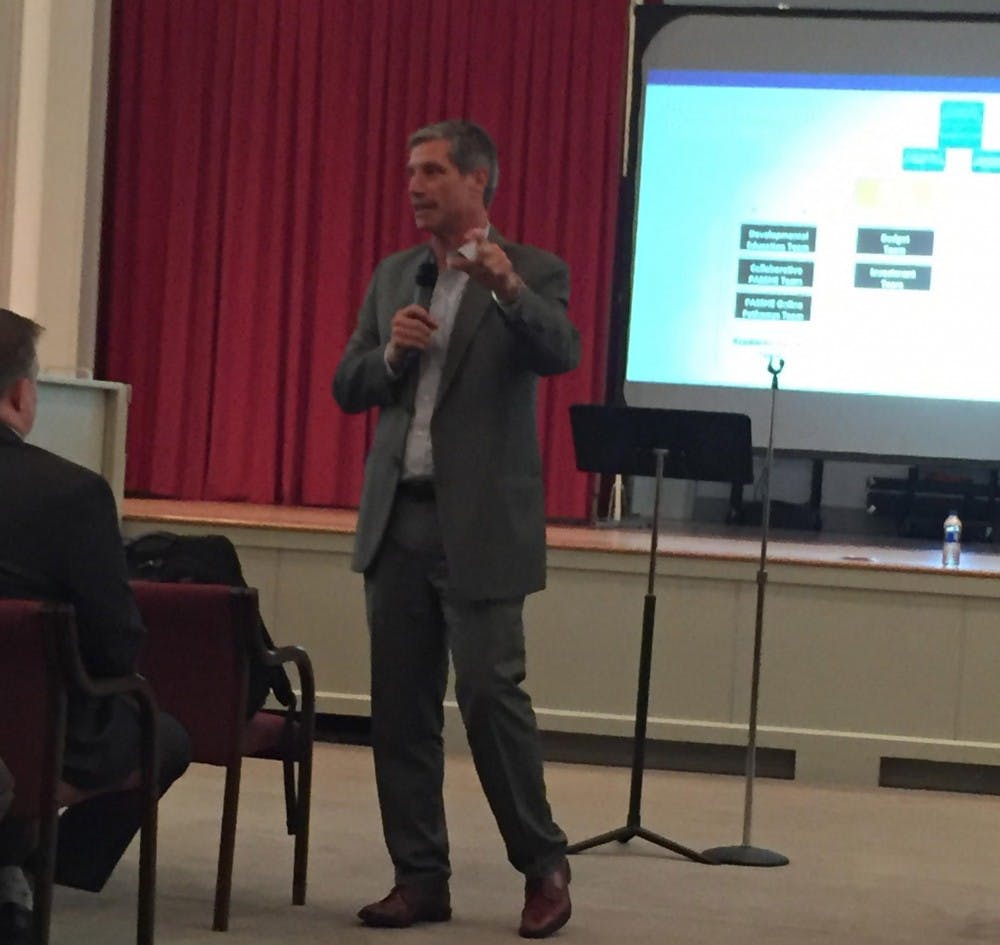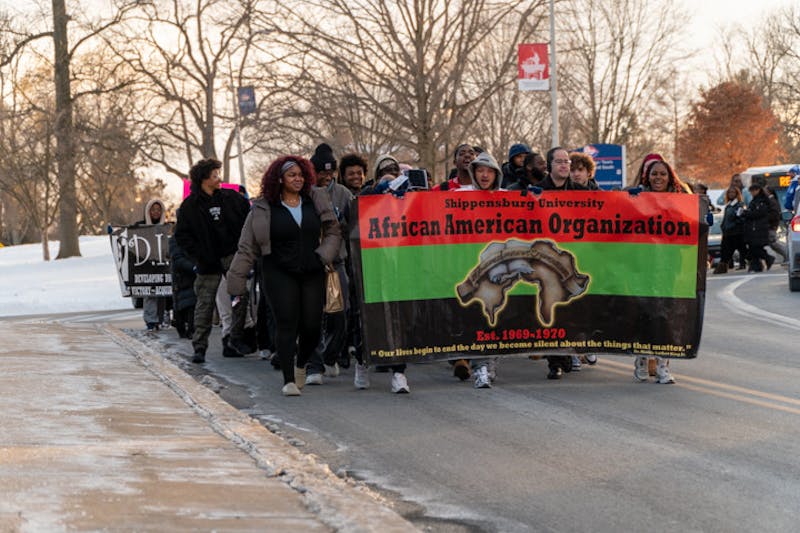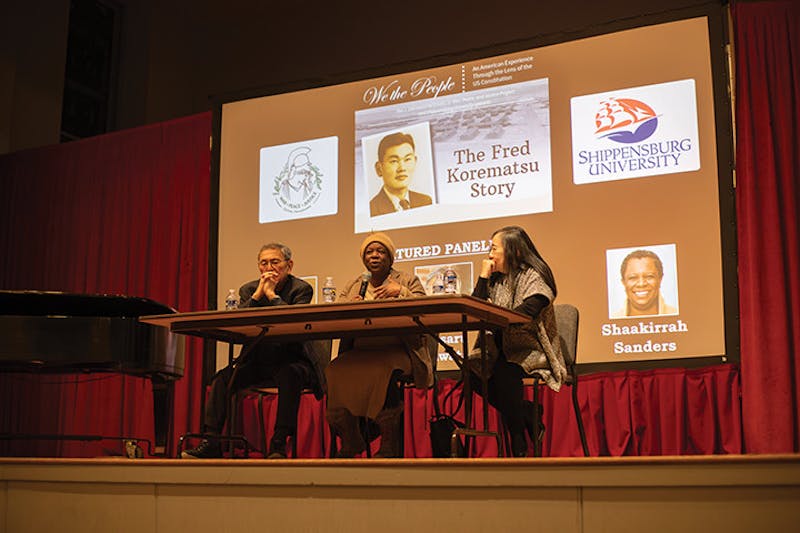Pennsylvania State System of Higher Education (PASSHE) Chancellor Dan Greenstein visited Shippensburg on Friday to update the Shippensburg community about the PASSHE system redesign.
Students, faculty, administration and community members gathered in the Old Main Chapel to hear “Chancellor Dan’s” updates, as PASSHE recently entered phase two of its system overhaul.
SU President Laurie Carter praised those who were in attendance of the event.
“It is so important to be involved in the system redesign,” she said.
Greenstein opened with a short video, which presented audience members with facts relating to the fast-growing and fast-changing technology they have in their society, including the number of current jobs held by humans that will soon be done by robots.
“Does anyone not watch that video and think ‘What does that mean for our university?’ Greenstein asked.
Despite budget cuts, a decline in the number of high school graduates and a ‘divisive’ culture, Greenstein said PASSHE remains committed to its students.
Greenstein continued by emphasizing each group of the second phase of the system redesign, ensuring student success, leveraging university strengths and transforming the governance and leadership structure, as found on passhe.edu.
“We have an emerging vision, but we don’t know how we’re getting there,” he explained.
During the question session, anthropology professor Karl Lorenz expressed his concerns of the system redesign for students’ choices in their majors and minors.
“Will students’ options be limited at each individual university, for example English at Shippensburg and biology at Bloomsburg?” he asked the chancellor.
Greenstein explained that students could take classes at other universities if their own university did not have a resident professor who taught it or to stay on track for graduation. However, the specialization of offering certain majors at certain universities would not occur.
Student Katherine Hargrove questioned how the redesign will work from the student’s perspective. She asked if transportation for shared programs were only offered at certain universities or students were expected to drive to other campuses.
“The cost of having a car on campus is often prohibitive,” she said.
Student Brenda Aristy also shared her concern for how shared programs will impact organizations like the Office of Multicultural Student Affairs, which focuses on retention.
Greenstein explained that the system will go farther together than apart. He stressed the importance of how SU is a part of the greater PASSHE system.
“We’re going to work together collectively,” he said.




The Slate welcomes thoughtful discussion on all of our stories, but please keep comments civil and on-topic. Read our full guidelines here.